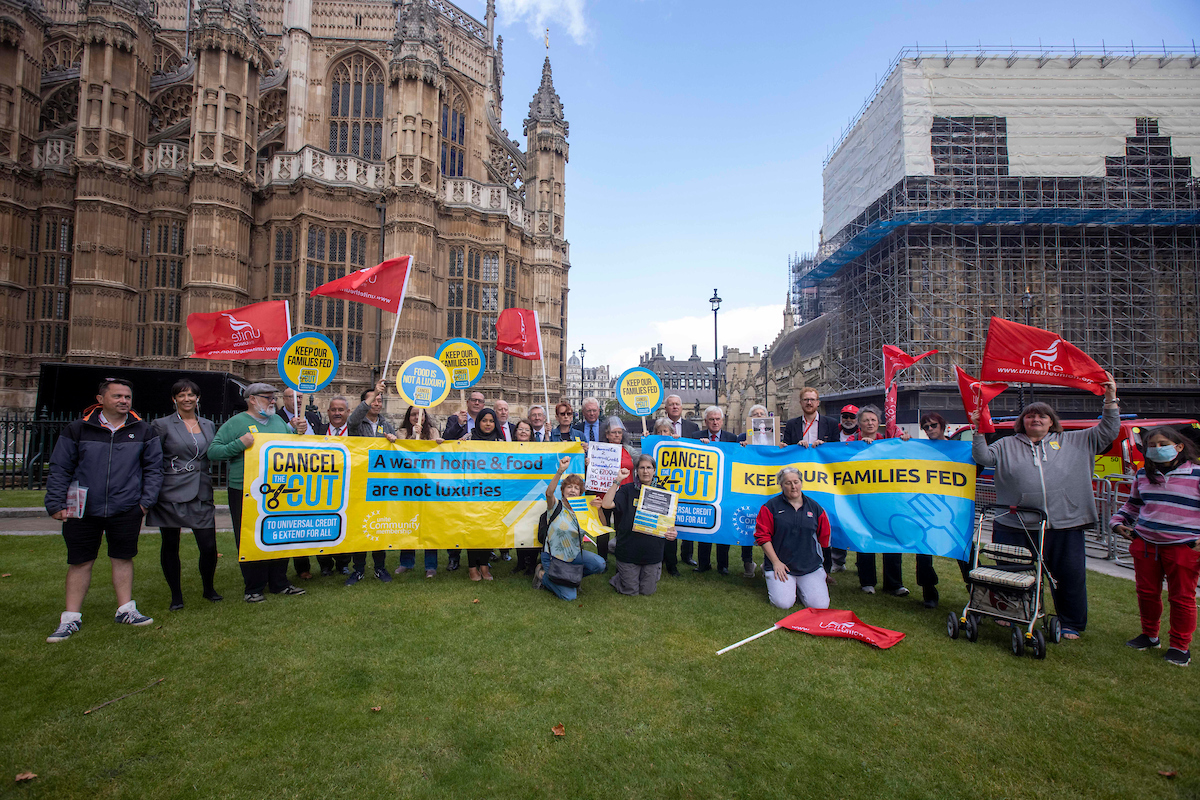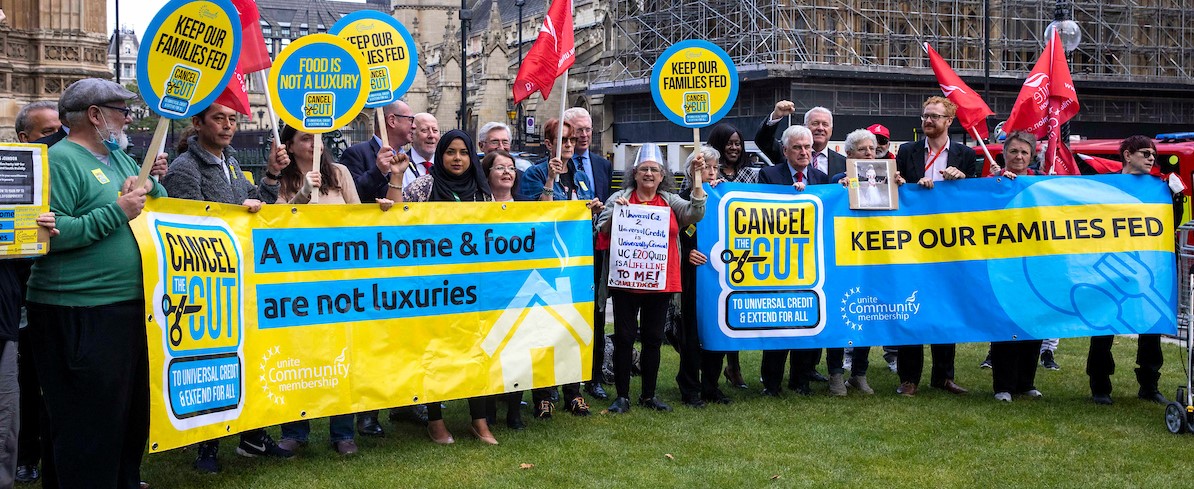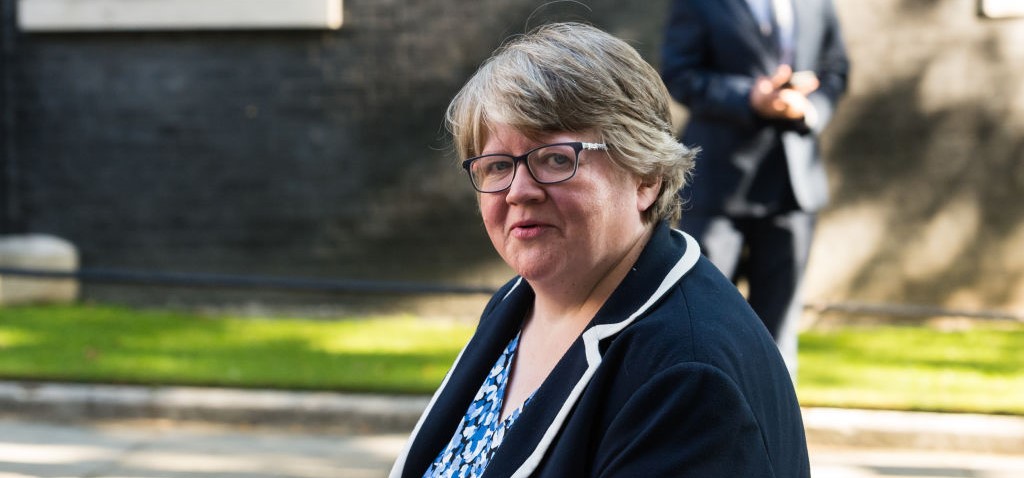‘National scandal’
The UK is backsliding on progress in the fight against poverty, with hundreds of thousands more pensioners and children suffering compared to four years ago.
A report from the Joseph Rowntree Foundation (JRF) found that twenty years of falling poverty for both groups is now going into reverse, with a total of 4m children and nearly 2m pensioners now in poverty.
Two decades ago, a full third of all children in the UK were in poverty, which dropped to 27 per cent in 2011/12. But now, figures show again that 30 per cent of children are in poverty, a significant rise that the organisation attributes to benefits cuts, and rising housing costs and inflation, coupled with stagnating wages.
Pensioner poverty plunged significantly in the last twenty years to a low of 13 per cent in 2011/2012 – now the figure has shot up to 16 per cent.
A job in the UK in 2017 is no longer an antidote to the scourge of poverty – about 8m people live in households where at least one person works.
And even full-time work does not guarantee a route out of poverty, with a shocking 2m people in full-time employment unable to meet their basic needs.
Universal Credit to blame
The JRF report echoes the finding of an earlier analysis from the Institute of Fiscal Studies (IFS) last month, which predicts that the number of children in poverty will rise sharply to more than 5m in the next five years.
Like the JRF, the IFS has said that benefits cuts and the introduction of Universal Credit, the government’s new benefits programme that rolls six benefits into one, were to blame for rising poverty.
The IFS report came ahead of last month’s Autumn Budget, but the Tory government paid it no heed – instead of halting Universal Credit as Unite and others have called for, chancellor Phillip Hammond announced only cosmetic changes, such as cutting the time families must wait for their first payment.
Unite Community members descended on Parliament last week (November 29) to protest the government’s botched Universal Credit rollout, which will see many families struggle to meet their most basic needs over the holiday season.
They were joined by Labour MPs, including Labour leader Jeremy Corbyn.
The protest came days before Unite helped stage a national day of action in towns and cities across the UK at the weekend (December 2) calling for Universal Credit to be fixed.
Commenting on today’s findings that both child and pensioner poverty are trending steadily upwards, TUC general secretary Frances O’Grady demanded a hike in the minimum wage to £10 an hour and for the public sector pay cap to be lifted for all workers.
“Working people are not getting a fair deal from the economy, with real wages still worth less than a decade ago,” she said.
Political choices
Chief executive of the Joseph Rowntree Foundation Campbell Robb called the latest figures “worrying” and that they “suggest that we are at a turning point in our fight against poverty.
“Political choices, wage stagnation and economic uncertainty mean that hundreds of thousands more people are now struggling to make ends meet,” he added. “This is a very real warning sign that our hard-fought progress is in peril.
“Action to tackle child and pensioner poverty has provided millions of families with better living standards and financial security. However record employment is not leading to lower poverty, changes to benefits and tax credits are reducing incomes and crippling costs are squeezing budgets to breaking point. The Budget offered little to ease the strain and put low income households’ finances on a firmer footing.”
Unite assistant general secretary Steve Turner agreed.
“It is a national scandal that in the fifth richest country in the world, millions of pensioners and children are trapped in poverty with no way out.
“As both the IFS and JRF have pointed out, the dismantling of two decades of progress in tackling poverty comes down to specific political choices.
“We can tackle poverty if we attack the root causes such as persistently low pay, which we can remedy with an immediate hike in the minimum wage and lifting the public sector pay cap.
“Other measures such as  properly funding social care; creating a benefits system that is fair and humane; and the return of sector level collective bargaining which will ensure that work actually does pay can also play a major role in the fight against poverty – all it takes is the political will.
“It’s been said that a nation’s greatness can be measured by how it treats its weakest members – if this is true then we as a nation under this Tory government are failing badly.”
 Like
Like Follow
Follow


